Ecological restoration work
jeremy_b
19 years ago
Related Stories
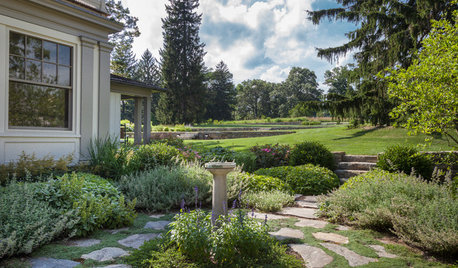
TRADITIONAL HOMESHouzz Tour: Connecticut Farm Restored for Generations to Come
A man renovates his extended family’s stately farmhouse and land. Sustainable practices are used in gardens, wetlands and recreation areas
Full Story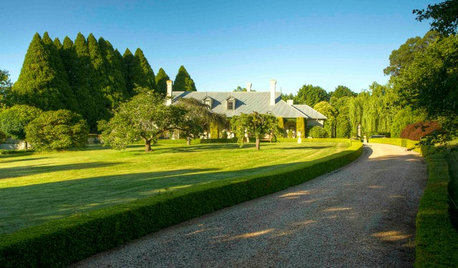
GARDENING GUIDESHow to Fix Bare and Yellow Lawn Spots
Restore your turf’s good looks by reseeding unsightly patches
Full Story
HOUZZ TOURSRare Modernist Home Uncovered in Palm Springs
A custom home by modernist William Krisel gets restored and updated
Full Story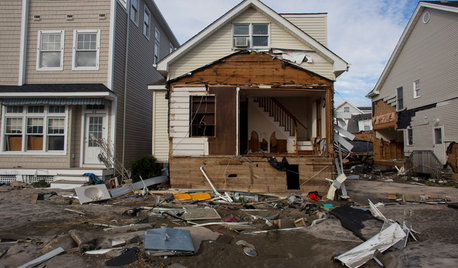
DISASTER PREP & RECOVERYHow to Combat Mold in a Flooded House
Before you rebuild or restore your water-damaged home, take these steps to keep mold at bay
Full Story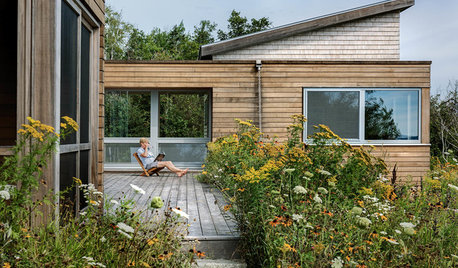
GARDENING GUIDES3 Ways to Revel in Summer Garden Sweetness
Patiently observe what works and doesn’t work in your landscape
Full Story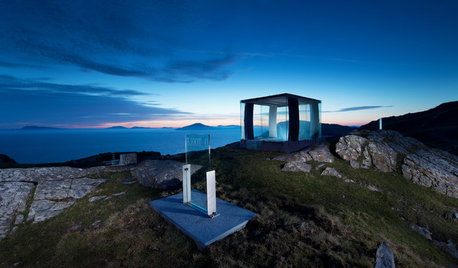
ARCHITECTUREAn Irish Island Gets a Most Meaningful Installation
Modern design meets ancient traditions in County Mayo, in architecture that celebrates spirit of place
Full Story
GARDENING GUIDESGreat Design Plant: Snowberry Pleases Year-Round
Bright spring foliage, pretty summer flowers, white berries in winter ... Symphoricarpos albus is a sight to behold in every season
Full Story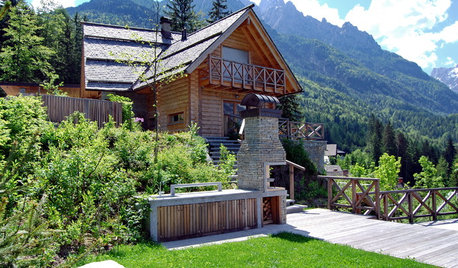
LANDSCAPE DESIGNStyle and Nature Come Together in a Slovenian Landscape Design
Natural plantings and local materials create a memorable outdoor experience in picturesque Kranjska Gora
Full Story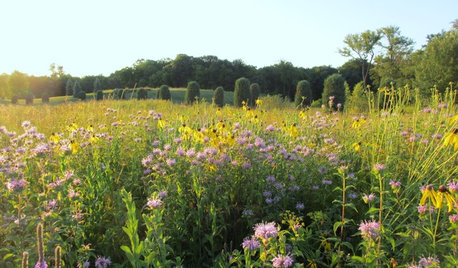
GARDENING GUIDESWhat Prairies Teach Us About Garden Design
Wild spaces offer lessons for home gardeners about plants, pollinators and the passage of time
Full Story






laag
mich_in_zonal_denial
Related Professionals
North New Hyde Park Landscape Architects & Landscape Designers · McKinney Landscape Contractors · Coeur d'Alene Landscape Contractors · Dedham Landscape Contractors · East Hanover Landscape Contractors · Edinburg Landscape Contractors · Mission Bend Landscape Contractors · New Cassel Landscape Contractors · Panama City Beach Landscape Contractors · Pompton Lakes Landscape Contractors · West Coon Rapids Landscape Contractors · Irvington Landscape Contractors · Chantilly Handyman · Fairfax Handyman · Winston-Salem Driveway Installation & Maintenancesuperphosphate
ginger_nh
laag
ginger_nh
mich_in_zonal_denial
miss_rumphius_rules
jeremy_bOriginal Author
ginger_nh
superphosphate
laag
froggy